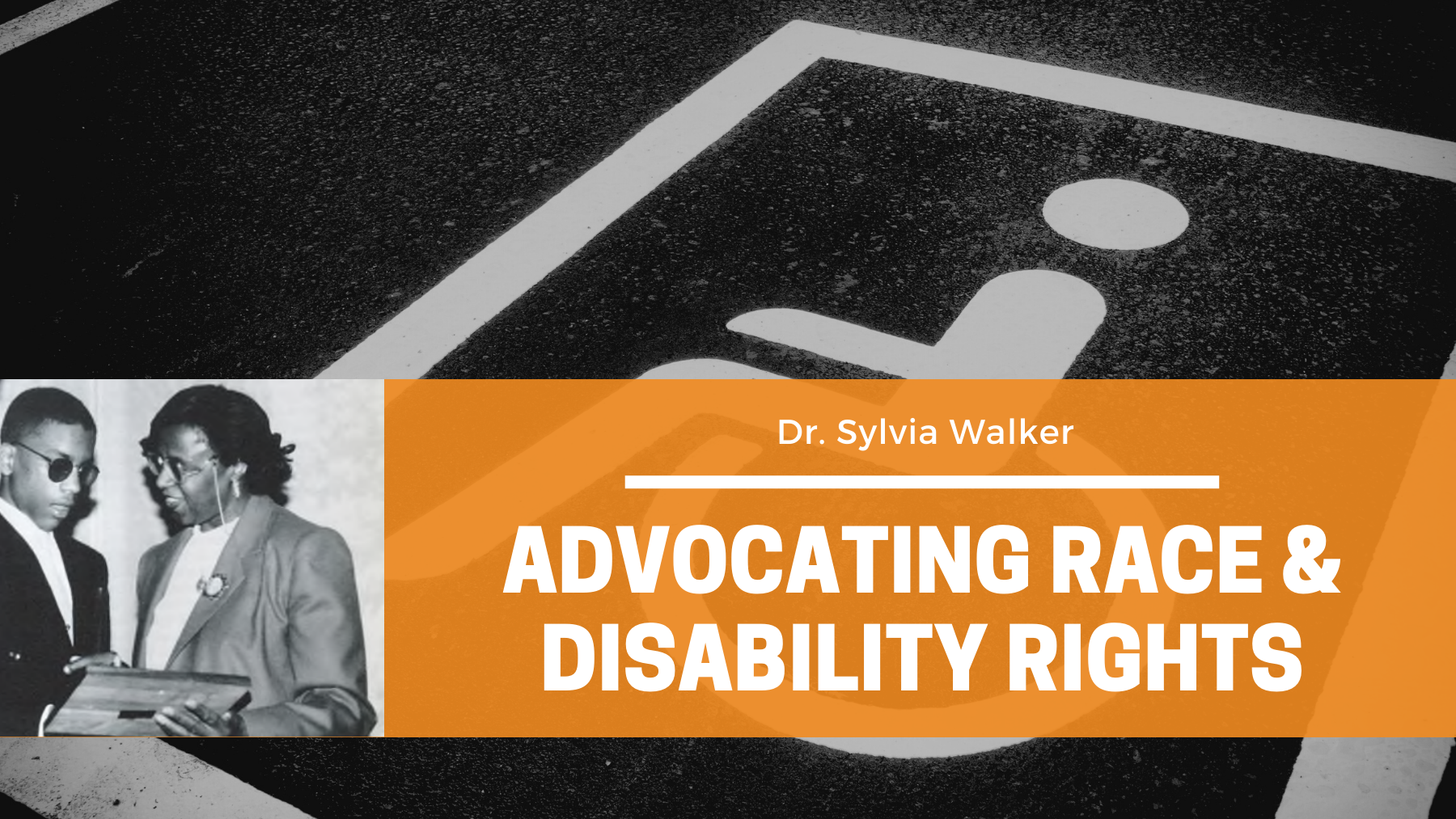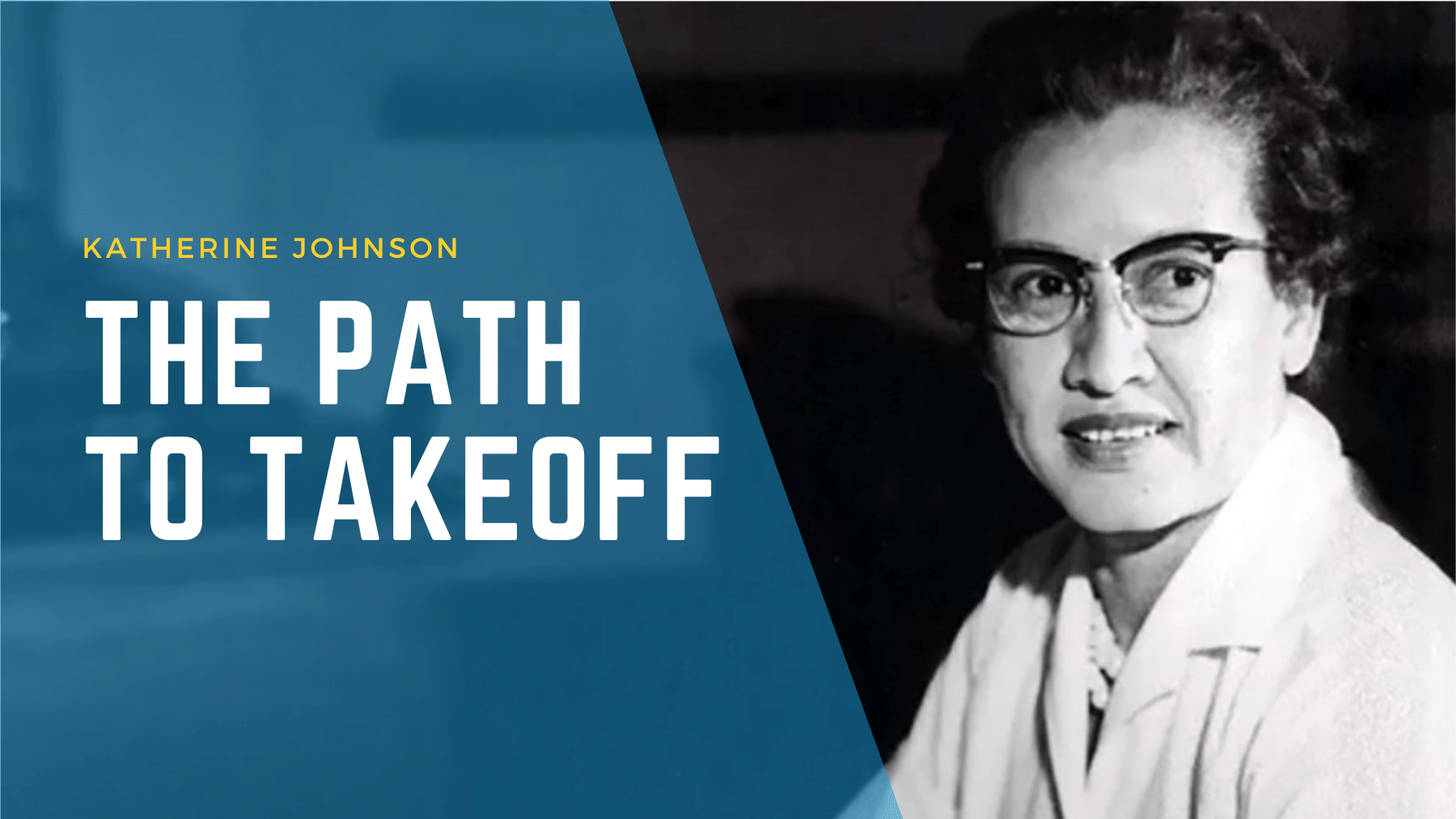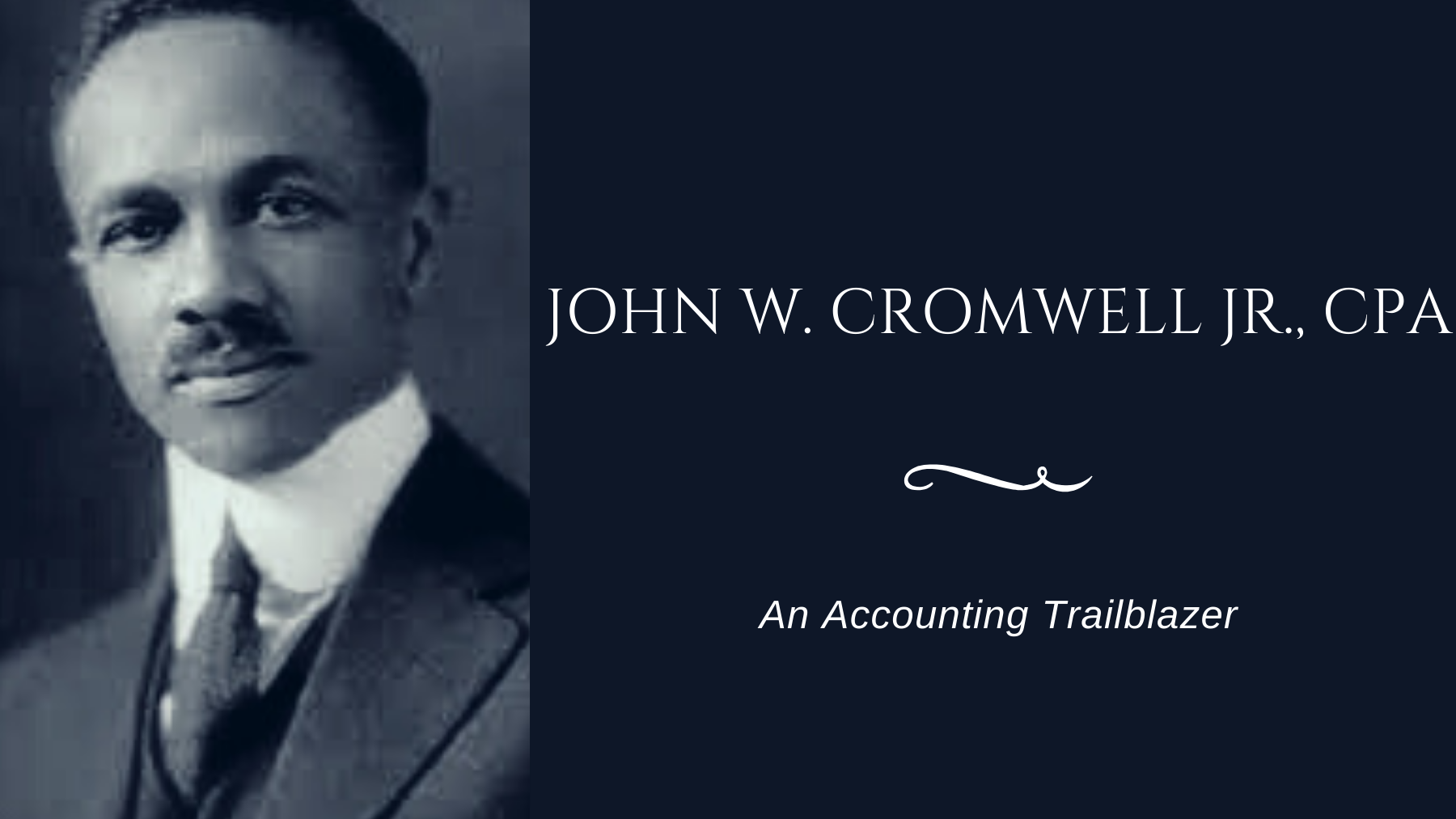
Vault is committed to building a more diverse and inclusive workspace where employees are empowered and encouraged to bring their whole self to work. In honor of Black History Month, we are highlighting historical figures who pioneered progress in our industry.
Dr. Sylvia Walker
Vault Consulting offers Human Resources consulting services specializing in innovative workspaces and creative Human Resources practices and this week our spotlight falls on Dr. Sylvia Walker, a disability rights activist whose work contributed to the Americans with Disabilities Act.
Walker was born in New York City in July 1937. She was adopted as an infant and throughout her childhood she had setbacks in her education due to an eyesight impairment. At age 10, Walker obtained her first pair of glasses, launching her school career forward. At age 14, however, she became legally blind.
Throughout Walker’s life she encountered discrimination and championed equality in her education and professional career. Ableism is social prejudice in favor of people with full physical and mental capabilities which results in discrimination of individuals with physical and mental impairment. For Walker, this type of discrimination compounded with racial prejudice.
Walker studied social science and education with a focus on early childhood development at Queens College, City University of New York. She went on to receive a Master’s degree in Education of the Physically Handicapped from Hunter College. In her Doctorial studies, she traveled to Ghana and wrote her dissertation on the perception, treatment, and status of the disenfranchised disabled population there. She earned her Doctorate in Education of Disabled and Health-Impaired People.
Seeing a New Way Forward
Walker became the Director of the Center for Disability and Socioeconomic Policy Studies at Howard University and of the Howard University Research and Training Center in 1988. Under her lead, research teams focused on disabled people of color. Disability was defined as having a physical or mental impairment that substantially limits major life activity. She pointed to disproportionate representation of low-income people of color among the disabled population of the United States, due to a lack of health and educational resources for them.
Walker’s research into poverty, race, and disability led her to co-found the American Association of People with Disabilities. Her advocacy focused on the implications of physical as well as mental impairment and brought her to the attention of President Bill Clinton where she was appointed Vice President of the Committee on Employment of People with Disabilities. In 1990 her research at Howard University contributed to congress passing the Americans with Disabilities Act. Her contributions to awareness of disability discrimination and minority representation among the disabled community transformed employment policy in the United States.
Walker passed away in February 2004 at the age of 67. Her legacy for championing the rights of the disabled, especially disabled youth, and people of color continues to influence education and government policy for equal rights today.
What is the ADA?
The Americans with Disabilities Act was signed into office by President George H.W. Bush in 1990. It is a civil rights law that prohibits discrimination based on ability, requires employers to provide accommodations to employees with disabilities, and imposes accessibility requirements on public spaces. It was modeled after the Civil Rights Act of 1964, and in many ways expanded upon it as minorities are disproportionately represented in the the disabled population of the United States.
Walker’s pioneering research brought attention to the in the social implication of ability and disability, and disenfranchisement of disabled minorities in the United States. While the Act grants legal rights to disabled Americans, it is only one piece of disability equality. Historical inequities leading to the marginalization of disabled individuals contribute to the 61 million Americans with disabilities struggling to find jobs and facing higher rates of poverty and incarceration today. Inclusion and accessibility activism must continue in order for Walker’s work to be effective in practice.
Vault is committed to increasing diversity and supporting disability rights not only in the Human Resources profession, but the workforce as a whole. Check out some of our recent blog posts highlighting pioneers in accounting, research, and software development professions.


